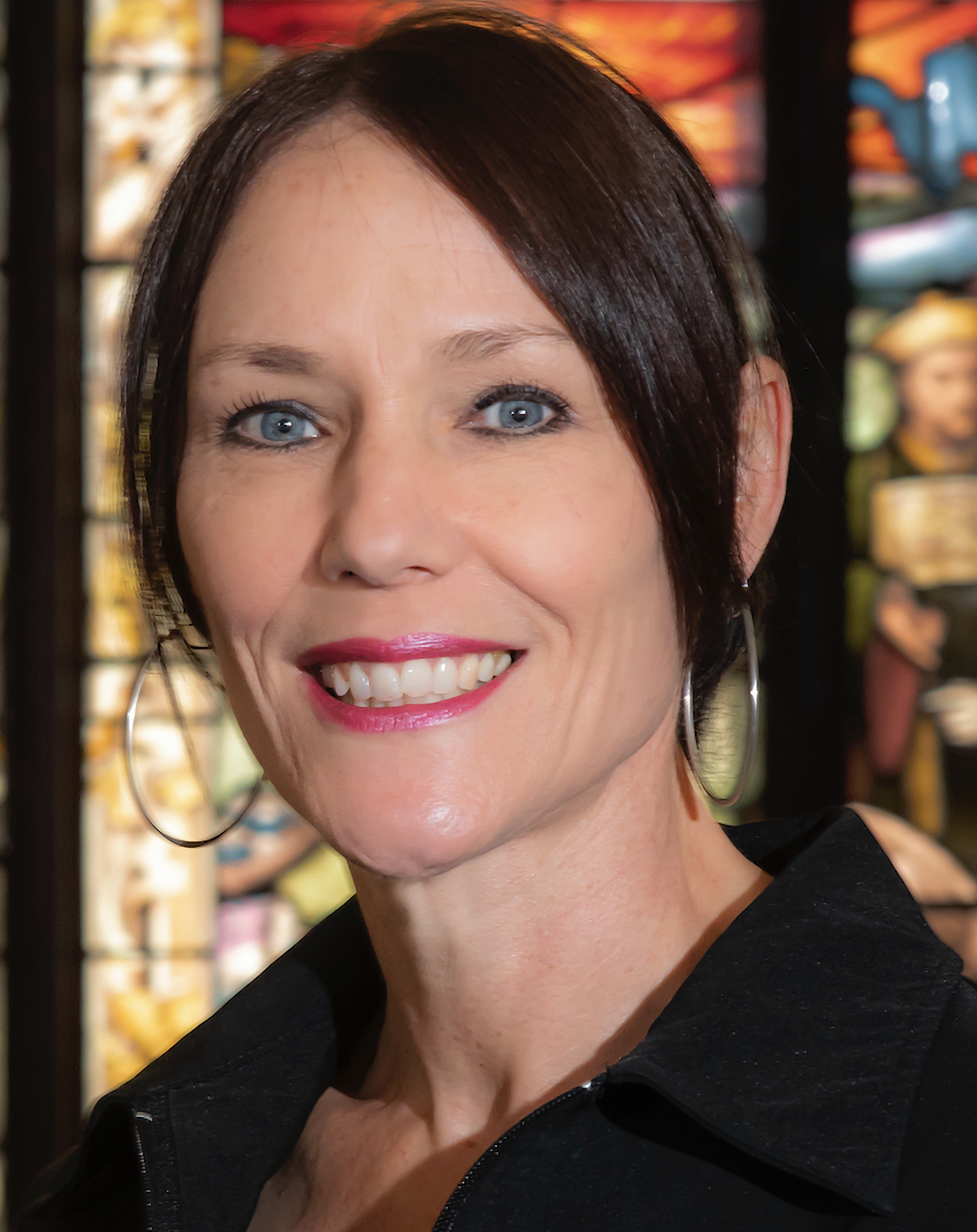Popular politics is holding back Australia’s education system, UNE's Dr Joanna Anderson argues, so that one of the world’s wealthiest countries is failing to adequately support many of the students who would most benefit from education.
A teacher and school leader for more than 20 years before becoming an academic, Dr Anderson is chiefly concerned with access and equity in education. In these areas, the data indicates that Australia is regressing.
“The problem is partly to do with our funding model, which consolidates the public-private school divide,” says Dr Anderson, who leads the Globalisation, Leadership and Policy department within UNE’s School of Education.
“But it’s also about structures within schools. The data very clearly shows that certain cohorts of students continue to have poorer outcomes at school, and poorer outcomes in later life.”
“Rather than rethink how we manage a more inclusive education, we’re once again starting to segregate students. In Queensland, for example, they are continuing to open more special schools, and across the spectrum students are being segregated into different classrooms according to fixed notions of aptitude.”
Last month Dr Anderson presented to the American Educational Research Association (AERA) conference in Chicago on “dark leadership” in education, referring to the ways that politics can build systemic expectations around education that lead to questionable leadership practices and poorer outcomes for many.
“For instance, when principals are heavily judged on NAPLAN data, they get to a point where they do what they need to do to ensure that their school’s NAPLAN data is where it needs to be, or the school's attendance data is where it needs to be. But these strategies built on narrow politically-derived measures produce outcomes that can be harmful to students that don’t fit the data.”
Dr Anderson is engaging with similar issues on a global level as a contributor to UNESCO’s International Science and Evidence based Education Assessment, a project of the Mahatma Gandhi Institute for Education for Peace and Sustainable Development.
The Institute is currently engaged in reviewing and revising its guidance for education policymakers around the world. But globally, Dr Anderson observes, policy continues to be developed largely on political lines and ignores the huge accumulation of research that argues for different approaches.
“There’s an understanding that politics sits within education, and that we need to work with that. But there's a big push to get policymakers to shift their thinking away from education as something that should be shaped according to the latest socio-political zeitgeist.”
“It should be about engaging with the research that is happening in the space – and there is a lot of very good research – so that schools are places that work for all students, not just a few.”
Despite decades of intervention, Australia’s schooling system is still not significantly different to how it was 150 years ago, Dr Anderson observes.
“There are ways that you can have a curriculum that still allows for work on traditional outcomes, while better engaging the students that are currently disengaging. But often these things take time.”
“They require approaches that are probably a little bit more resource heavy, and the outcomes might take a little bit more time to present themselves. It might be that the outcomes are hard to measure – how do you measure someone's capacity to be empathetic or understanding, as opposed to whether or not they can spell a particular word?”
Australia notionally operates with a separation between church and state. Dr Anderson believes a similar commitment needs to be made to a separation of politics and education.
“Education is so driven by politics, right around the globe, but we need to remove politics if the necessary changes are to happen. It’s something I would love to see, because then I think the real work of education could start to happen.”

Image: Dr Joanna Anderson


